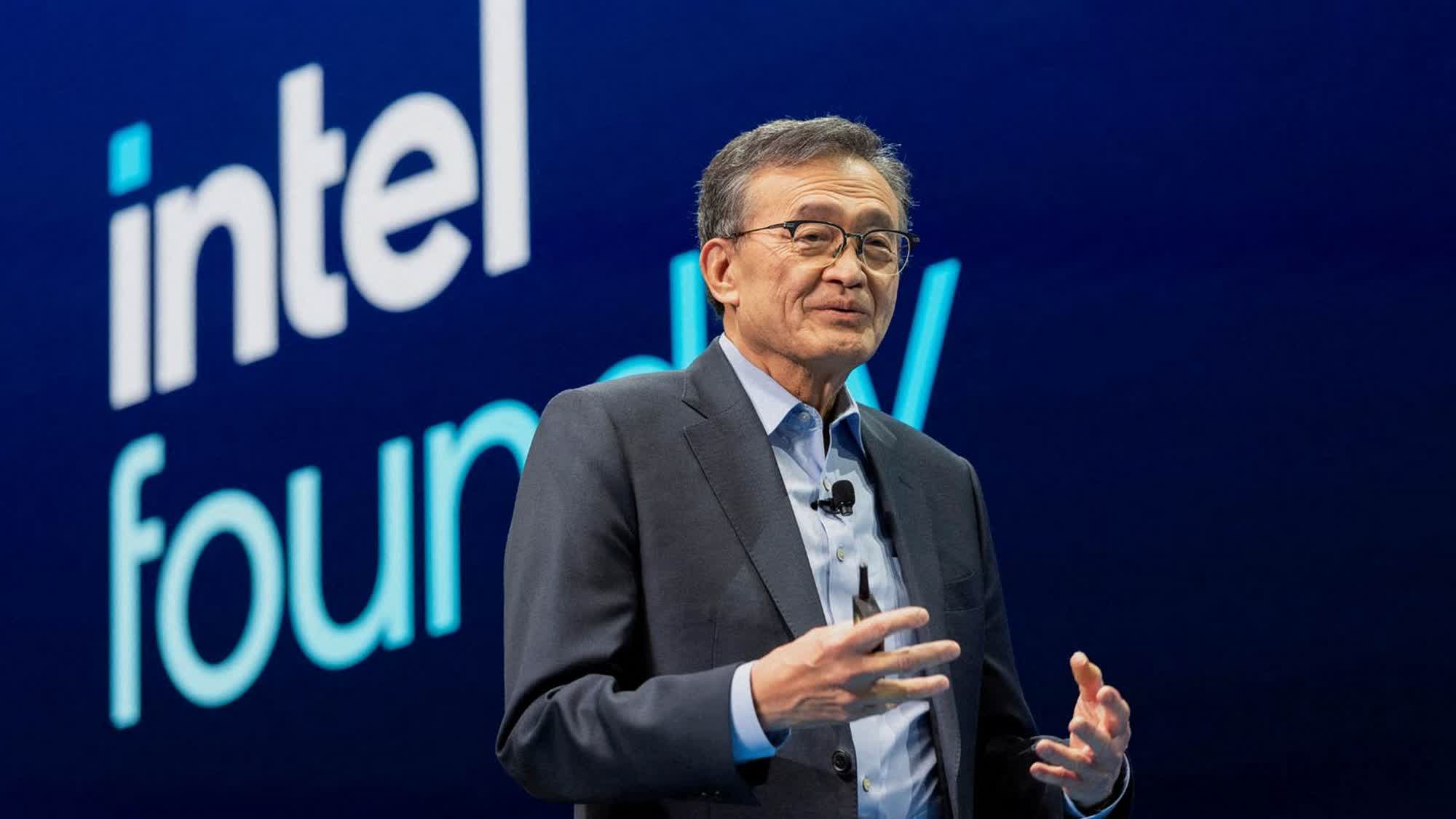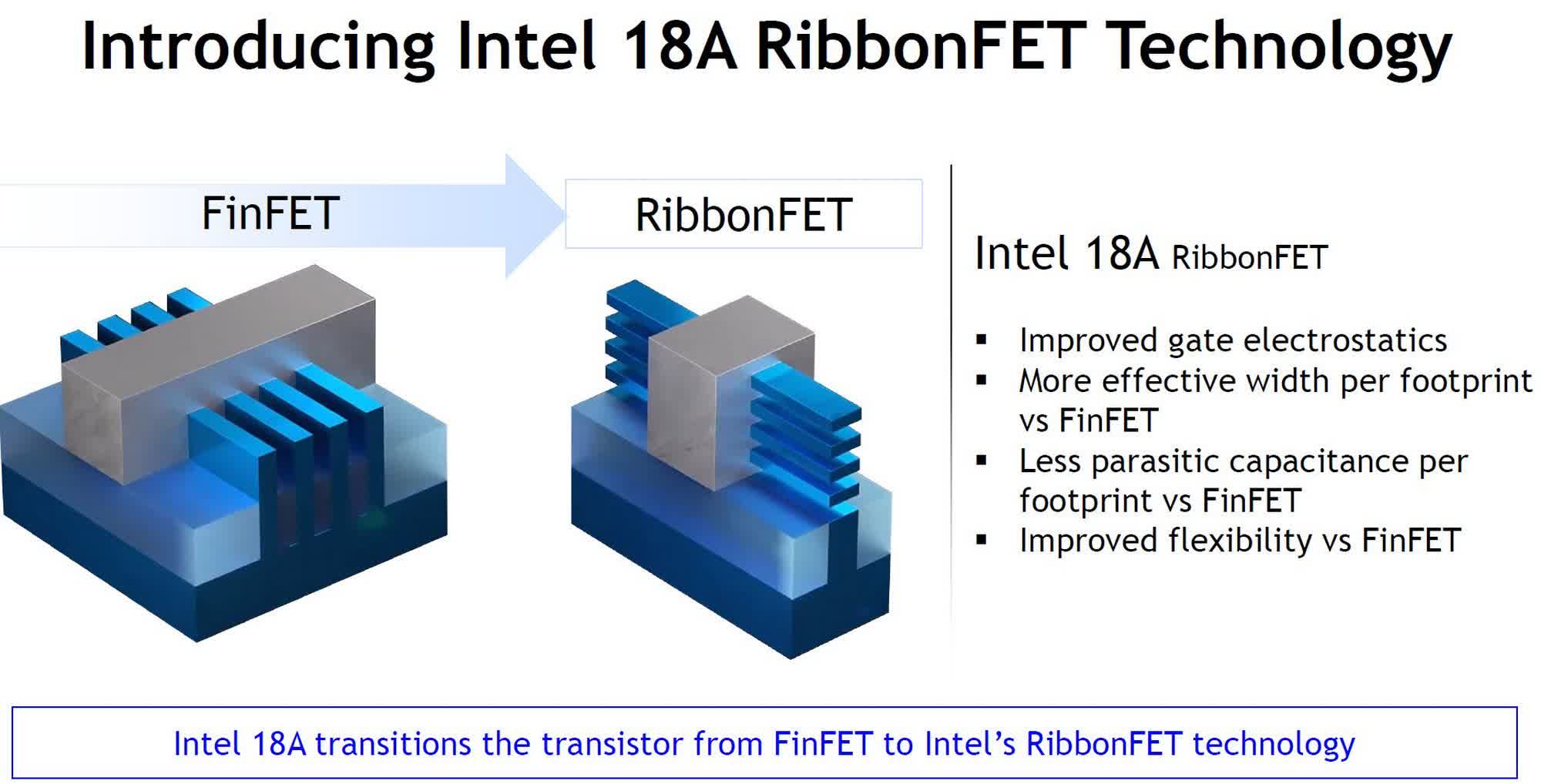TL;DR: Intel CEO Lip-Bu Tan is reportedly considering scrapping the company's 18A manufacturing process for external foundry customers. Instead, Tan wants Team Blue to focus on the newer and more efficient 14A node in hopes of securing major clients like Apple and Nvidia away from TSMC.

According to sources quoted by Reuters, Intel could face a major write-off – potentially amounting to billions of dollars – if it decides to scrap 18A. The 1.8-nanometer process was heavily promoted by Tan's predecessor, Pat Gelsinger, as the technology that would finally allow Intel to catch up to TSMC.
18A was a flagship project for Gelsinger, who invested billions in its development. However, since taking over as Intel's CEO earlier this year, Lip-Bu Tan is believed to have expressed dissatisfaction with both 18A and its variant, 18A-P. In internal meetings, he reportedly noted that ongoing delays have made the nodes less appealing to potential customers.

Intel dismissed the report as "hypothetical scenarios or market speculation," adding that it remains the largest customer for its own 18A process. The company noted that its Panther Lake processors, which it described as "the most advanced processors ever designed and manufactured in the US," will be the first to use the 18A node and are on track to roll out later in 2025.
Despite the denial, Intel confirmed it is making several major strategic shifts to return to profitability after reporting a staggering $18.8 billion loss in 2024. According to the company, it has "identified clear areas of focus" and is working with customers to strengthen its future product roadmap, build trust, and improve its financial standing.
Reuters notes that Intel already has agreements with Amazon and Microsoft to manufacture a limited number of processors using the 18A node. The proposed strategy shift reportedly won't affect those deals, as neither company is willing to wait for 14A deployment. Intel confirmed that it plans to "deliver on its customer commitments" using existing technology.
Following Gelsinger's retirement in December 2024, rumors began circulating that Intel might spin off its foundry business to focus on its core x86 chip design unit. Tan has neither confirmed nor denied these reports since taking over, but much will likely depend on whether Intel can convince high-profile customers like Apple and Nvidia to abandon TSMC in favor of its 14A platform.
Intel may scrap 18A node in favor of 14A to attract Apple and Nvidia